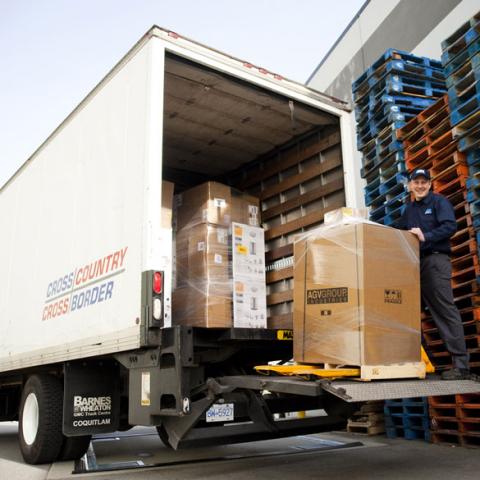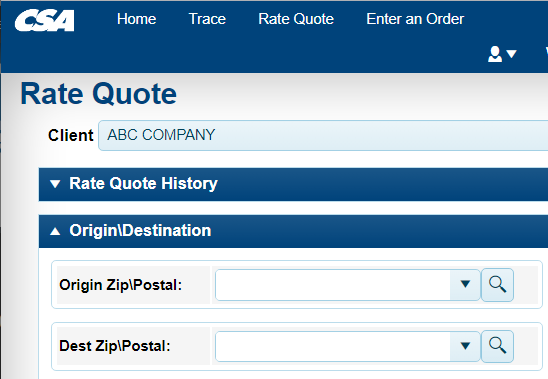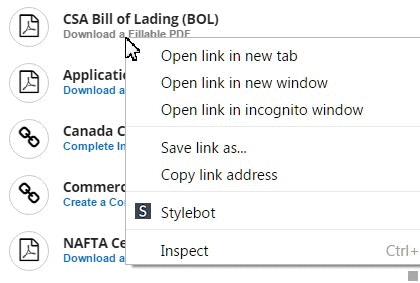How to Sell Your First Product
After months or years of work, you’ve finally designed and manufactured your first product and your business is ready to sell. But maybe you don’t know where to start. Should you sell from your website? Should you contact local stores around you? There are three basic ways to sell your product:
- Direct to customers via your website
- Through retailers who sell to customers
- Through distributors, who sell to retailers who sell to customers
A combination of all three is key to the success of any company. Unless you've made an agreement with a retailer or distributor who wants to exclusively sell your merchandise, it's important to build out all three of your options.
If you're selling through your website, there are e-commerce listings and platforms that can help you spread the word about your merchandise. Likewise, even if your ultimate goal is to land with a distributor, it's crucial to sell through a retailer-- this not only helps you get your product out, but will help you build a track record to show a distributor that you're worth taking a chance on.
Selling straight to retailers sounds much easier than it is, though. It's incredibly time consuming, and most retailers aren't interested in setting up individual deals with dozens of manufacturers. They like working with distributors, because it's one-stop shopping: one catalog, one invoice, one check to write, and one LTL freight group to coordinate with.
If you want to sell your product to a distributor or to distributors, keep in mind their interests are different from those of a retail store. A distributor is mostly concerned about:
- The level of profit they can make on your product
- The cost of stocking and fulfilling your product
- Whether your product is scalable
- Whether you sell multiple products
As stated by Inc, "Scalability is especially important if your product is relatively inexpensive. Say you plan to retail your cool new tool for $25, and the price you plan to charge retailers is $15. You'll need to charge the distributor even less so they can make money--say $12 or $10 or even less. A distributor that can only make $3 to $5 per sale will need to sell a ton of your tools to make their effort worthwhile."
So before you pitch a distributor, be ready to answer questions like:
- How much profit can we make off his product--both per unit and in total?
- Can we make a better profit selling his product compared with selling a similar product?
- Will his marketing efforts help drive our sales?
- What inventory levels will we need to maintain?
- How will stocking and fulfilling his product affect our cost of distribution?
- Are customers asking for a product like his? Does it serve a need our retailers have already identified?
- Does he have other products we can sell? Or will he probably have other products we can sell?
Always remember that distributors will evaluate your product using criteria different from your eventual customers'. No matter how exciting or innovative the product is, if your company will be a pain to deal with and/or the distributor won’t be able to make a profit, they won't buy from you.
Most products that can be sold to distributors are relatively easy to place with individual retailers. If you can't land many retailers, you're probably not ready to pitch distributors, so address that problem first.





